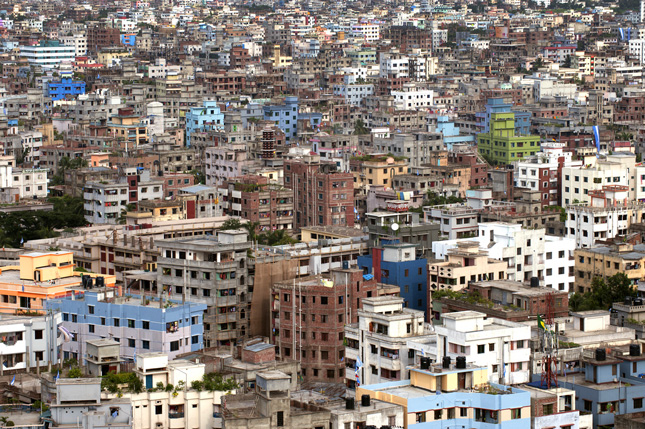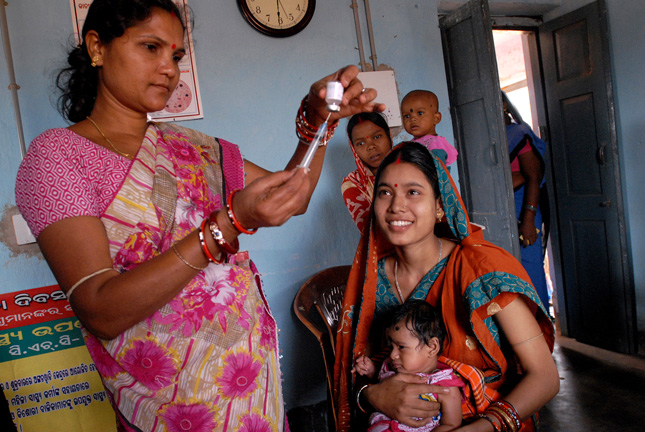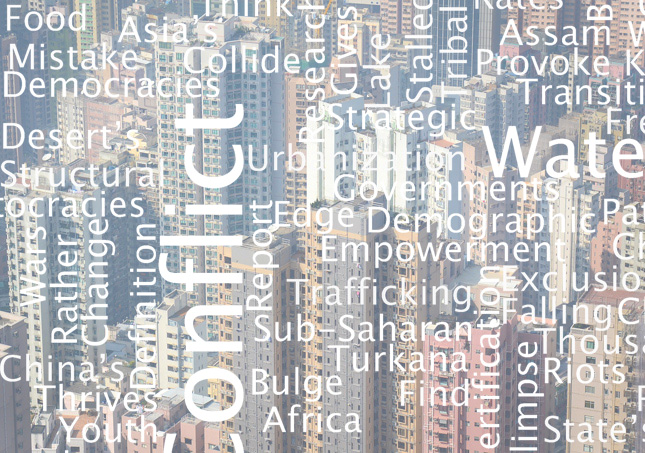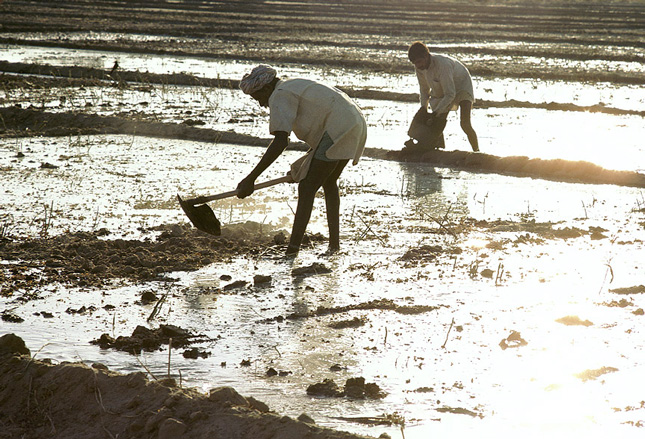-
World Economic Forum Evaluates Global Risks, Comes to Some Odd Conclusions
›With intense drought in Sao Paulo and California, devastating floods in Malawi, and escalating water-energy confrontations in many developing countries, it is no wonder water is making headlines. It’s also gained the attention of the World Economic Forum (WEF), which lists water crises as the world’s number one risk in its recently released Global Risk Assessment.
-
Knowledge Gaps Keep Many Women From Exercising Their Reproductive Rights
›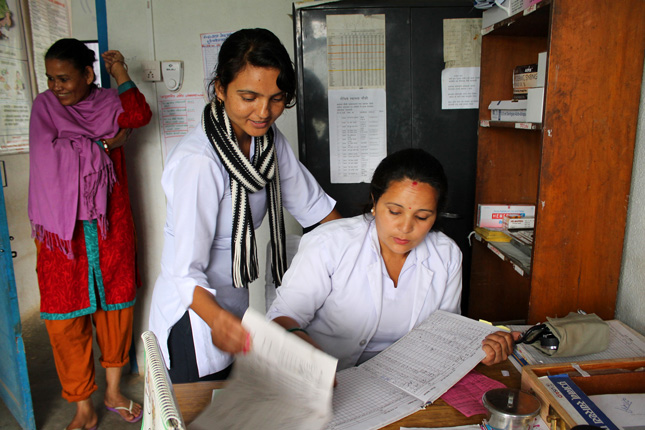
March 8 marked International Women’s Day, which celebrates the economic, political, and social achievements of women in the past and present, while simultaneously calling for greater equality in the future. While many of the day’s discussions focused on economic and social issues, the right to reproductive health is also a crucial element in realizing full equality.
-
Call for Papers: 2015 Graduate Student Paper Competition on Reducing Urban Poverty
›
To encourage a new generation of urban policymakers and promote early career research, the Wilson Center’s Urban Sustainability Laboratory is teaming with USAID, the International Housing Coalition, World Bank, and Cities Alliance to sponsor the 6th Annual Urban Poverty Paper Competition for students enrolled in a Master’s or PhD program working on topics relating to urban poverty in the developing world.
-
Measuring Maternal Health in a Post-MDG World
›
As the international development community looks back on the Millennium Development Goals and ponders what remains to be done under the proposed Sustainable Development Goals, the maternal health field has some reflecting to do, said Dr. Ana Langer, professor and director of Harvard’s Maternal Health Task Force at the Wilson Center on December 1. [Video Below]
-
Efforts to Build Resilience in Sahel Focus on Food, Climate, Population Dynamics
›The Sahel – spreading from the Red Sea to the Atlantic as the Sahara Desert transitions to Sudanian savanna – is drought prone and suffers from chronic food insecurity. Yet, the region also boasts the highest fertility rates in the world, and the highest rates of marriage for young girls. This creates unique vulnerabilities that are being compounded by climate change, says ECSP’s Roger-Mark De Souza in an episode of Wilson Center NOW.
-
Top 10 Posts for February 2015
›
The Anthropocene is the idea that human activity is now so impactful and widespread, it shows up as a distinct phase in the geological record. This is a scary proposition in many ways, but it’s also an opportunity. True sustainability isn’t possible without humanity being able to understand and manage our interactions with the planet (and each other). Perhaps a new name for the modern era helps us get into that frame of mind.
-
India’s Growing Water Risks, Illustrated
›Guest Contributor // March 3, 2015 // By Tien Shiao, Andrew Maddocks, Christopher Carson & Emma Loizeaux
India is one of the most water-challenged countries in the world, from its deepest aquifers to its largest rivers. Groundwater levels are falling as farmers, new urban residents, and industries drain wells and aquifers. What water is available is often severely polluted, and the future may only be worse, with the national supply predicted to fall 50 percent below demand by 2030.
-
In Critical Year for Climate Change, Lack of Urgency is Worrying, Says Nick Mabey
›
“After Ukraine, ISIS, terrorism…there are a lot of distractions in 2015,” says Nick Mabey, founder and chief executive of the environmental NGO E3G, in this week’s podcast. “Short term issues are important, but they’re not everything.”
Showing posts from category *Blog Columns.


